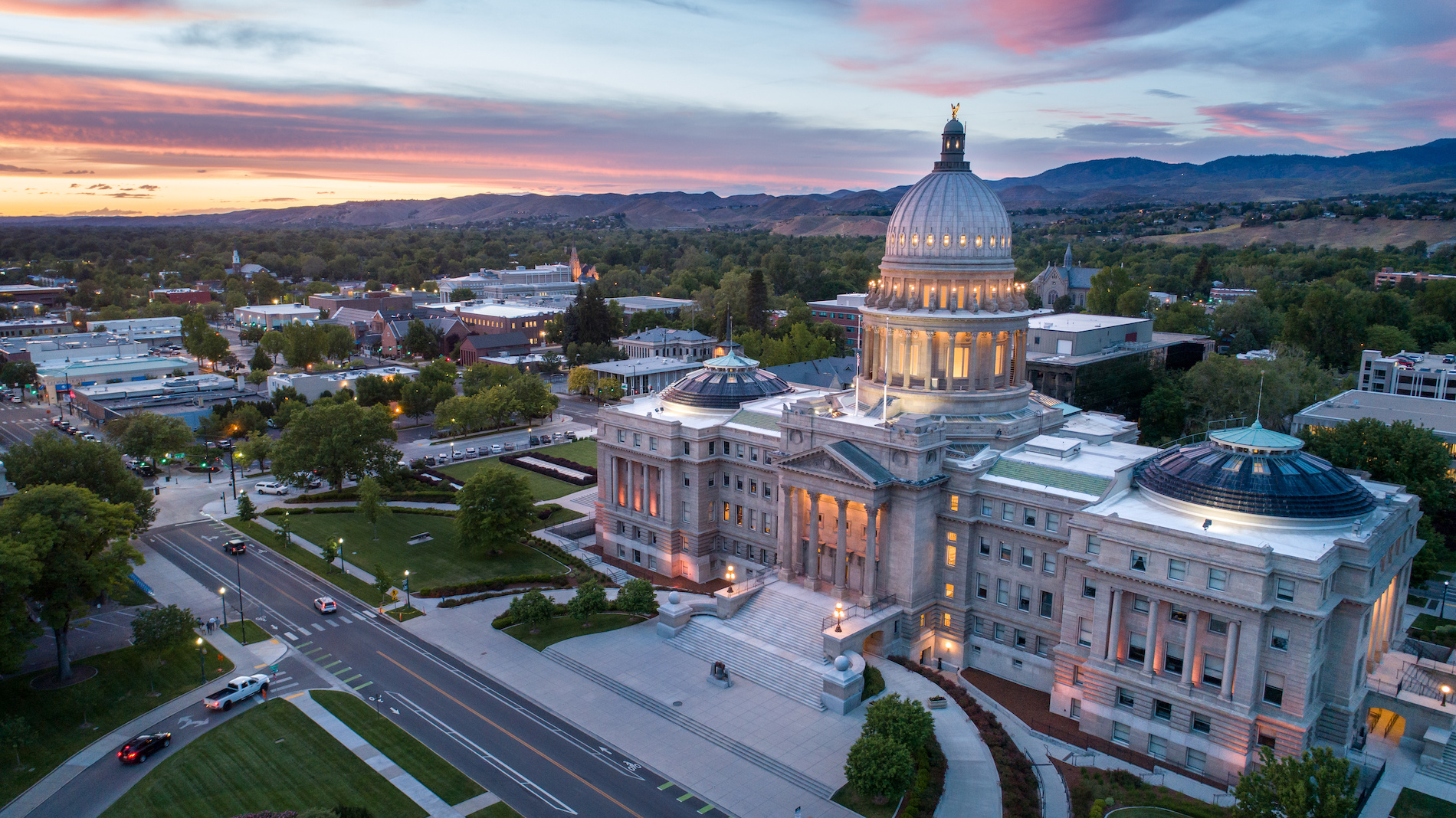Driven by concerns over historic inflation rates, Governor Brad Little is calling on the Idaho Legislature to convene for a special session. Starting September 1, state lawmakers will consider using the state’s projected record-high $2 billion budget surplus to provide tax relief for Idaho families and to make significant investments in the state’s education system.
During the special session, lawmakers will consider proposed legislation by Governor Little to provide both the largest tax cut and the largest investment in education funding in state history. The legislative package would:
- Provide $500 million in one-time tax rebates. Under the bill, individuals would receive a one-time rebate of at least $300, while joint filers would receive a minimum of $600. Rebates would start rolling out as soon as next month.
- Exempt the first $2,500 of income from taxation for individuals and $5,000 for joint filers. The bill also lowers the income tax rate from 6% to 5.8%, establishes a flat tax rate for all income tax filers, and provides more than $150 million in ongoing relief to all working Idahoans starting in January 2023.
- Invest $330 million in annual funding for K-12 public schools and $80 million for in-demand careers, and prepare state institutions for the likely increase in workforce development training during times of economic uncertainty. The bill would use the sales tax to pay for the increase in education funding each year, with the amounts increasing by 3% each year.
If lawmakers approve Gov. Little’s proposal, they would effectively override the Quality Education Act ballot initiative that is supposed to appear on the general election ballot in November – and, if approved, would take effect January 1. The Governor’s proposal would take effect two days after the ballot initiative, replacing those provisions with the special session language.
If passed by voters, the Quality Education Act would aim to raise $323 million per year for a new educational fund by increasing the corporate income tax from 6% to 8% and creating a new top tax bracket at 10.925% for individuals making more than $250,000 per year and families making more than $500,000 per year.
Governor Little’s inflation bill and the Quality Education Act take different taxation approaches to increase education funding. Little’s plan relies on sales tax dollars, while the Quality Education Act would raise taxes on corporations and high-earning Idahoans to pay for it.
The Governor’s proposed special session bill already has strong bipartisan support, with most of the Idaho House and Senate joining as co-sponsors. Over the past two weeks, the Governor has worked with legislators and education groups to build support for the bill.
Governor Little’s proposal will be the only item the Legislature is authorized to act on during the upcoming extraordinary session. All other measures will wait until the 2023 legislative session, scheduled to begin on January 9.



